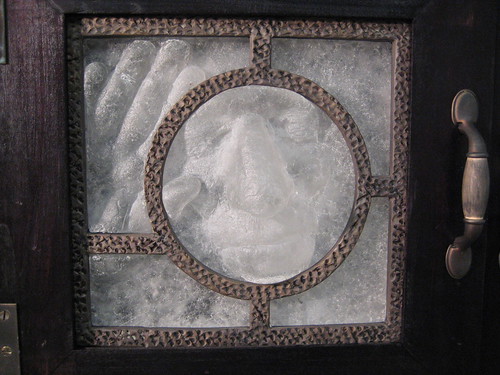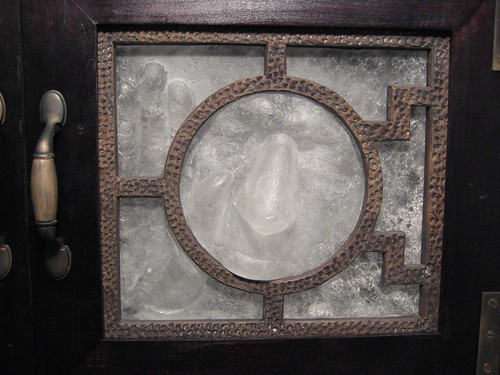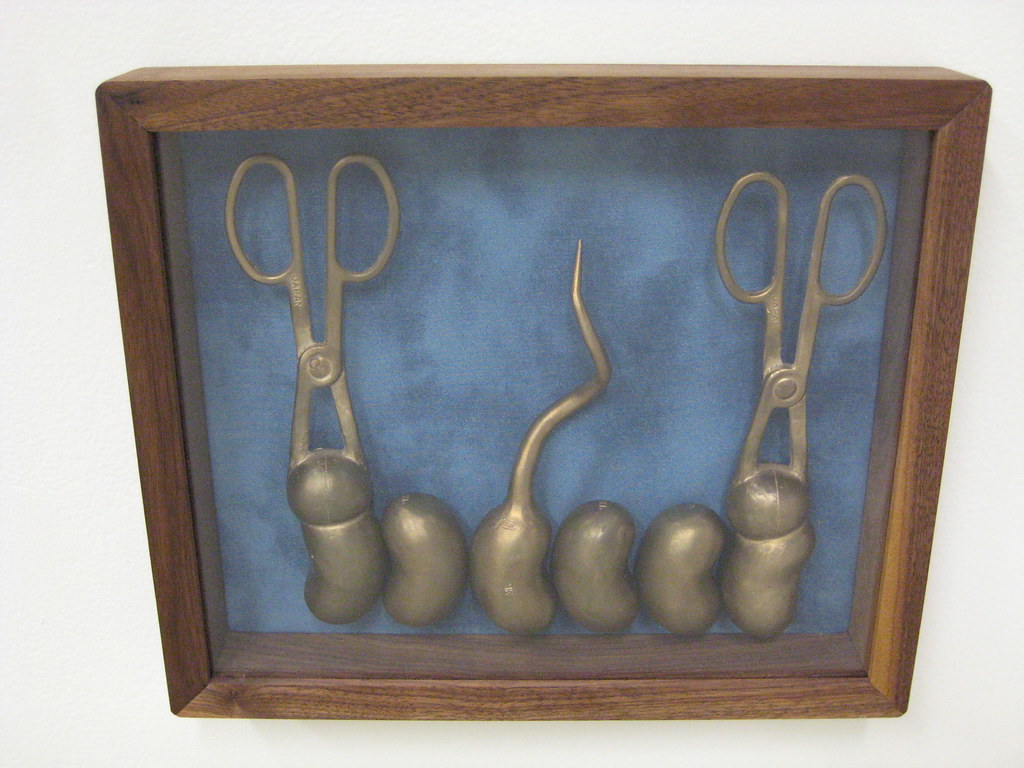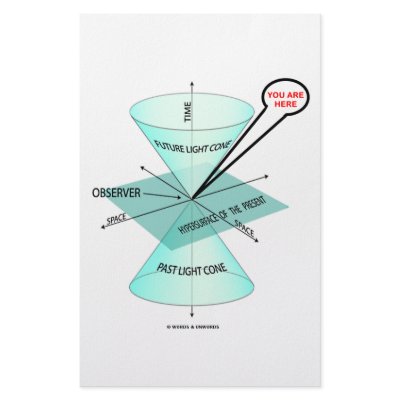1) Woke up at dawn. Looked out the window, and with the sun shining and the new fallen snow, everything looked like a Gingerbread village. Wow. I'm in a good mood! Won't last though...
2) ...told you it wouldn't last. Between needy and helpless students lined outside my office door looking for answers, and cleaning up the mess from the night before, things went south fast. Plus, I get to the college and today is the day to check on whether I was accepted into a local show. I was rejected. And worse, two people I know who do not even have a fraction of the talent that I have got in. Well, I checked out the website of the artist juror who selected the work. His work sucks a big old turd! So, naturally he does not have the good taste required to appreciate me. Sour grapes? Of course! My coping mechanism and I'll get over it. And see? I'm already in a good mood again, so...
3) Last night, my student aide Caitlin, turned me on to a phenom called flash mob. As she constantly reminds me, I am so behind the times. But, hey, at least I'm staying young by having all these needy and helpless youngsters around me who clue me in to these things. So, how did they all get together and choreograph this? It's fun to watch because let's face it, Life is no high school musical. And I've got to wonder if this could be more useful than performance art? What if something like this could be used for disaster relief? Well, anyway...
4) Last night during the ceramics class, we put on CDs of the Beatles, which, in a kind of a flash mob fashion, turned into a singalong. I think I started it. I've not the greatest voice in the world, but I can sing in tune, and fairly loud if required. Soon enough, everyone was singing. And everyone did seem to be happy by the end of night. that was fun. But today...
5) Well, today, I have to reclaim clay. Which means I'll be up to my elbows in wet mud, throwing muck into a mixer, adding dry powder to reconstitute the texture so that the kids can have clay to throw pots and such. The clay, it turns out, needs to age. It releases kind of a faint stink, a sulfury smell which is all the little archea doing their thing. They act as a consortium, manufacturing a biofilm which is a slime that makes the clay nice and creamy. I really don't mind doing this, but after a few hours my arms and hands ache from moving a few tons around and packing the reclaimed clay into plastic bags. But, hey, it's better than living out of a grocery cart and sleeping outdoors, so I can't complain. In fact...
6) I'll end this with: I've really nothing major to complain about today. Hope the same is with you. Enjoy!







